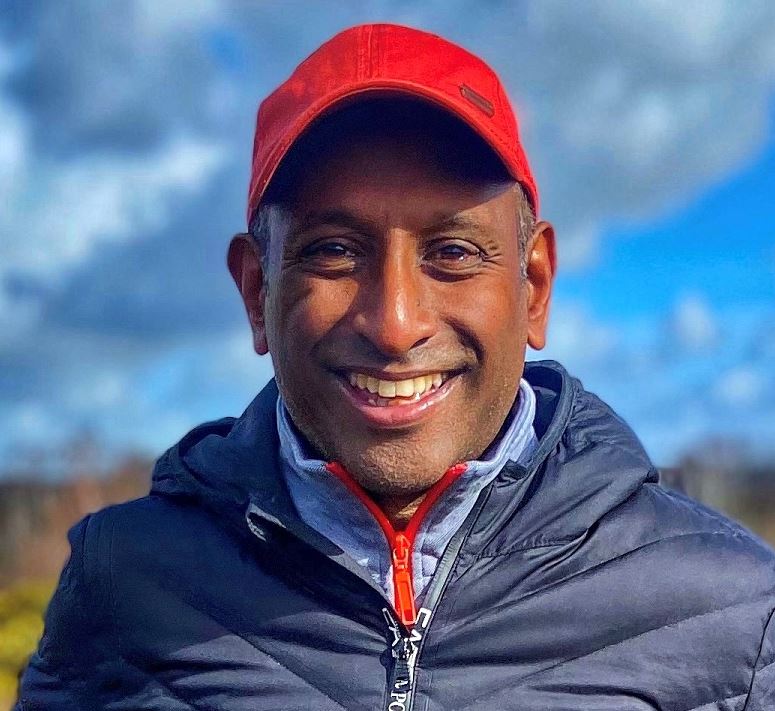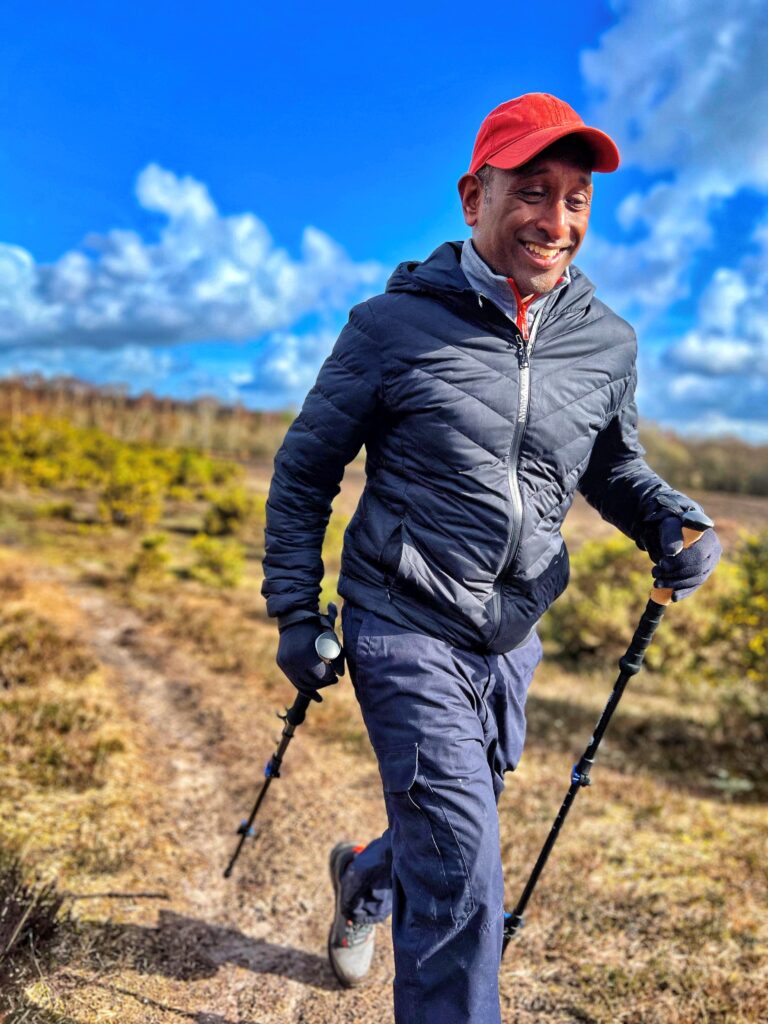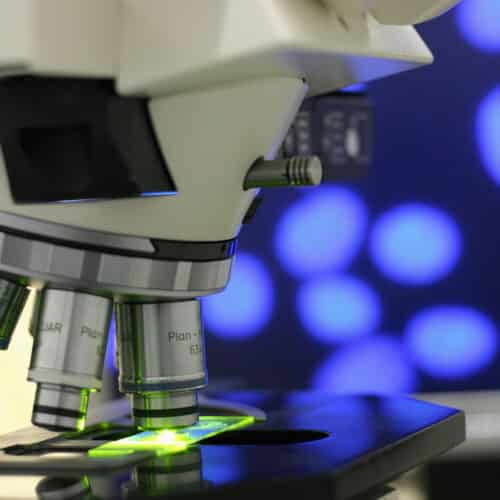Kuhan’s story
Since Kuhan’s diagnosis with young-onset Parkinson’s, much has changed in his life. The former product manager from southwest London was 38 when diagnosed, and since then, he has left office life behind, discovered a more creative side to himself, and found a renewed sense of purpose about his future.

Since your diagnosis how has your approach to living with Parkinson’s changed over the years?
It’s twelve years since I was first diagnosed. For a long time, I just didn’t face it. It’s only really in the last few years that I have become more open. Like most people, I find my best days are when I’m feeling relaxed, and I try to focus on today. The way I see it, there are two ways of looking at Parkinson’s. We know Parkinson’s is progressive – each new day will be worse than the one before and in that sense I know that today is going to be the best it’s going to get. So I flip that around and say to myself “today is going to be my best day – so why not make the most of it?” There is a tendency to focus on the negatives, what may or may not come in the future. It’s a traumatic time following diagnosis – you’re in a vulnerable place. But having a positive or realistic attitude is so important. It’s not easy but you can have a decent quality of life with Parkinson’s. I think in a way the condition teaches you a lot about life and yourself and I don’t think I’d be the same person now, appreciating life in the way I do.
If I’d had somebody to talk to back then, who looked like me, similar age and outlook, I think my journey over the last decade would look very different.
I find myself being more open and creative and, ironically, it has taken my Parkinson’s diagnosis to do that. Parkinson’s has unleashed a creative side in me that I never had previously, and its all to do with the dopamine replacement that we take – dopamine is like the oil in the engine ensuring everything runs smoothly. It’s quite common for people with Parkinson’s to develop new skills and to start new activities and hobbies – for some it’s writing or painting, in my case it’s taking up photography. I’m not a professional by any means but I’ve won a few competitions and I’m doing the odd bit of photography work now, so in a strange way I’m earning some pocket money out of Parkinson’s at least – I figure the condition owes me that much.
Parkinson’s has also given my another gift – I have a new perspective on life, a new appreciation of time, friendship and family. Maybe it was fate, but if it wasn’t for Parkinson’s I don’t think I would have met Helen, my partner in Parkinson’s and in life. (Helen joined Cure Parkinson’s as Trustee in 2023)
How have your experiences helped others with Parkinson’s?
When the Pandemic hit I had the chance to reflect on my work life. I was working in Tech, developing products, and I decided to quit the day job. Having this condition and looking after yourself is like having a full time job – it takes effort but it’s important to prioritise and be on top of it as much as possible. I’m now putting my experience in Tech to good use – I’ve developed a free smartphone app for the community called Parkinson’s ON that helps you track your symptoms, your meds and your activities and has some self-care tools.
How has your involvement with the community impacted your own journey with the condition?
I’m more involved in the Parkinson’s world now – I’ve found acceptance is not one end point you reach (I still have days when I’m in denial) but it does feel like I’ve turned a corner at least. Part of acceptance for me has been about ‘giving back’. I do some volunteer work with a local charity in southwest London ‘Integrated Neurological Services’ where I run a small group for young people, I give talks about Parkinson’s to medical students at a local university hospital, and I’m more engaged in the research world now. I’ve also started a podcast with a Parky friend of mine called ‘2 Parkies in a pod’.
The bits of volunteering work I’ve done in the Parkinson’s community has helped me move on and I hope my contribution can help others.
After all, the act of giving / volunteering is proven to stimulate dopamine production, and us Parkies need that. So in a way you could say volunteering is a form of treatment. I’m doing nothing more than sharing my experiences of living with Parkinson’s, but I’ve come to realise that has value. If I’d had somebody to talk to back then, who looked like me, similar age and outlook, I think my journey over the last decade would look very different. I’ve met some amazing people along the way who have Parkinson’s or a connection to it; it’s like you’re a member of this exclusive club where you have this common connection. I find it’s comforting to talk to others with the condition, they can relate to it – they just get it. You don’t have to explain – I always think empathy trumps sympathy in that way.
One of the ironies of living with a condition that quite literally makes you slower, is that when you do slow down you start to see things more clearly. Yes, I hope and pray for a cure, but above all when I think about my future and the future of millions of others affected by this condition, the thing I hope for … is that we can live a happy and rewarding life cherishing each day not like it’s our worst, but that it’s our best!





